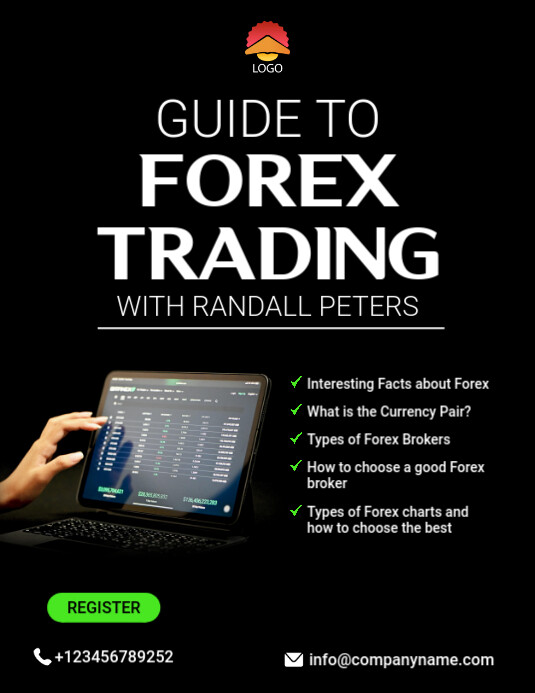Recognizing the Basics of Currency Exchange in Today's Global Market
In a progressively interconnected international economy, comprehending the principles of currency exchange is crucial for stakeholders across various industries. As main banks put in influence and technical developments improve money trading, the effects for worldwide business are far-reaching.
The Essentials of Money Exchange
Money exchange is a basic element of the worldwide economic climate, promoting international trade and investment. It includes the conversion of one money into another and is necessary for companies, governments, and people that participate in cross-border transactions. The currency exchange process happens in the international exchange market (Forex), which is the largest and most liquid monetary market worldwide, running 24 hours a day, 5 days a week.
At its core, currency exchange is driven by supply and demand dynamics. Money are sold pairs, such as EUR/USD or GBP/JPY, and the exchange price between them indicates how much one currency deserves in terms of one more. This price changes continuously as a result of trade flows, funding motions, and other market activities.
Individuals in the Foreign exchange market range from big banks and multinational companies to specific financiers and tourists. Each individual might have different goals, such as hedging versus exchange rate threat, hypothesizing on money activities, or promoting global acquisitions. Understanding the fundamentals of money exchange is essential for making educated decisions in the worldwide market, as exchange rates can substantially impact the expense of products and services, financial investment returns, and financial security.
Aspects Influencing Exchange Fees
Higher rate of interest prices supply lending institutions far better returns relative to other nations, bring in even more international resources and causing the money to appreciate. On the other hand, rising cost of living prices play a vital role; money in countries with lower rising cost of living prices often tend to appreciate as purchasing power rises loved one to higher-inflation economies.
Financial growth and security also dramatically influence exchange rates. A robust economy attracts international investment, boosting demand for the residential money, which leads to recognition. In addition, profession balances affect currency worth. A country with a significant trade excess typically sees its money value because of boosted foreign need for its items and solutions, while a profession deficit can deteriorate the currency.
Political stability and financial performance are essential also; countries regarded as low-risk locations for financial investment have a tendency to see their currencies value. forex trading course. Market speculation can additionally drive exchange price changes, as traders anticipate future movements based on current financial indicators and geopolitical events. These elements collectively contribute to the dynamic nature of currency exchange rate in the global market
The Function of Reserve Bank

Central financial institutions likewise engage in international exchange interventions to fix excessive volatility or imbalances in exchange rates. These treatments could entail buying or marketing foreign money to preserve a desired currency exchange rate level. Furthermore, reserve banks hold significant international exchange books, which can be released strategically to sustain their money.

Technology and Currency Trading
While main banks shape the overarching landscape of money exchange, technical innovations have transformed the mechanics of money trading itself. The expansion of electronic platforms has democratized accessibility to fx markets, allowing individual traders to take part along with institutional investors. On-line trading systems, furnished with real-time information and logical tools, promote notified decision-making and have actually added to enhanced market liquidity.
Mathematical trading, powered by sophisticated software, has actually changed the speed and efficiency of currency trading. Algorithms implement professions based on predefined requirements, reducing human intervention and minimizing the time needed to take advantage of on market movements.
Cryptocurrencies, underpinned by blockchain, have introduced a brand-new dimension to currency trading, motivating market participants to adjust to an evolving monetary ecosystem. As innovation proceeds to evolve, sites its influence on money trading will likely deepen, forming future market characteristics - forex trading course.
Impacts on Global Trade
In the interconnected landscape of international trade, currency exchange plays a crucial role fit financial relationships between countries. Currency exchange rate influence the cost of exporting goods and services, affecting affordable placing in international markets. A strong currency can make a country's exports much more pricey and much less attractive on the global stage, possibly lowering market share. Conversely, a weaker currency can improve export competition yet might increase the cost of importing vital items, impacting trade balance.
Money variations can likewise cause economic uncertainties, complicating long-term planning for international firms. Organizations usually hedge versus these risks via financial tools to maintain expenses and profits. Furthermore, exchange rates influence foreign direct financial investment (FDI) decisions, as investors look for beneficial conditions to optimize returns, affecting capital streams across boundaries.
In addition, federal governments make every effort to preserve steady currency exchange rate to cultivate predictable trading conditions, sometimes interfering in foreign exchange markets to achieve financial goals. Main banks may change rate of learn this here now interest or carry out monetary policies to affect money strength, thus impacting trade dynamics.
Verdict
An extensive understanding of currency exchange fundamentals is necessary for navigating the complexities of the international market. Exchange prices, shaped by rate of interest rates, rising cost of living, and economic growth, are crucial in identifying currency evaluations.